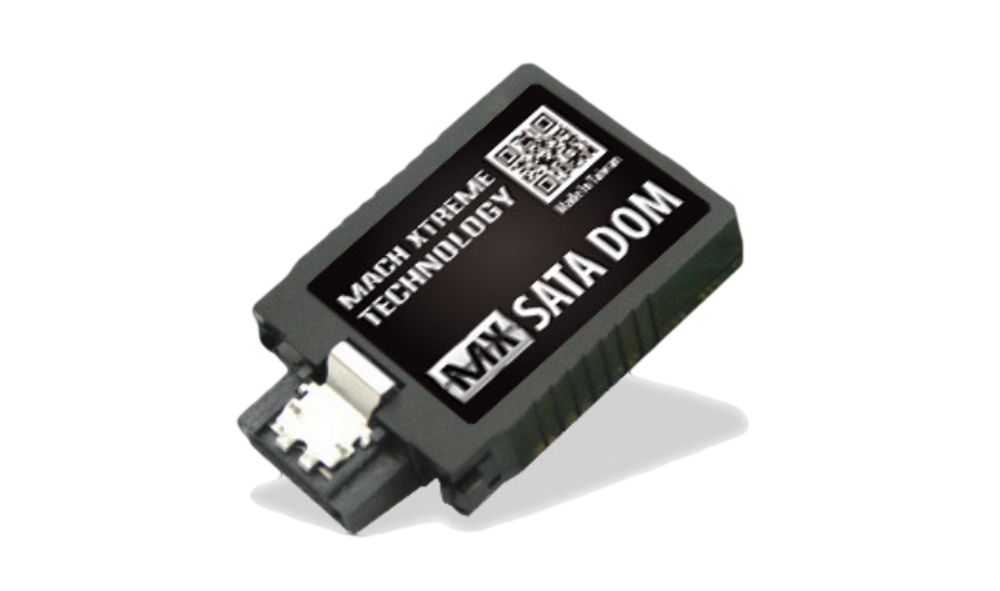REPORT ANALYSIS AND FINAL THOUGHTS
Mach Xtreme’s SATA-DOM SSD is an interesting solid state storage device. Its small form factor gives it a multitude of potential usage scenarios as either a boot drive or as secondary or portable storage. Low power consumption is becoming an increasingly attractive attribute in storage drives. The Mach Xtreme SATA-DOM is one tenth the size of a standard 2.5″ SSD. No SATA data cable is needed, further simplifying installation and improving latency. Offering both horizontal and vertical versions increases potential applications even further. Our MLC review sample carries a two-year warranty, while the also-available SLC versions carry a five-year warranty.
From a performance standpoint, our 32GB model didn’t quite measure up to the stated sequential read speeds of 220 MB/s, peaking in the 191-193 MB/s range. However, sequential write speeds of 55-56 MB/s best the stated 45 MB/s by a good 20%. The standard “your mileage may vary” disclaimer is included on the Mach Xtreme SATA-DOM product page. We were easily able to install Windows 7 Ultimate 64-bit operating system and boot from it with no issues. Mach Xtreme’s SATA-DOM supports many operating systems, and is both Windows 8 and Mac OS certified.
The Mach Xtreme SATA-DOM 32GB MLC version is listed at $57.00 US at Mach Xtreme’s MX Store. Broader channel availability would likely push this price point downward a bit. Mach Xtreme is offering the SATA-DOM through either its Industrial or its Power User portals. This miniaturized, fully-operational and bootable SSD could easily find a home in a broad range of devices and DIY installations. The Mach Xtreme SATA-DOM is deserving of our “Innovation Award”.
 The SSD Review The Worlds Dedicated SSD Education and Review Resource |
The SSD Review The Worlds Dedicated SSD Education and Review Resource | 


Yikes!!
That random write is really really bad. Like jmicron 602 bad. Can’t imagine how this thing would stutter if OS was installed in there. A proper controller would fix that easily..
But i guess this is meant more for caching and READ only enviroments (POS systems?)…
Bear in mind that this is only a SATAII device. Most of the newer controller technology and NAND improvements are going into SATAIII devices.
True, but there are far far better SATAII controllers (like sandforce 1st gen) that have no issues with random speeds.
But again, this is a very simple controller and hence random speeds suffer.